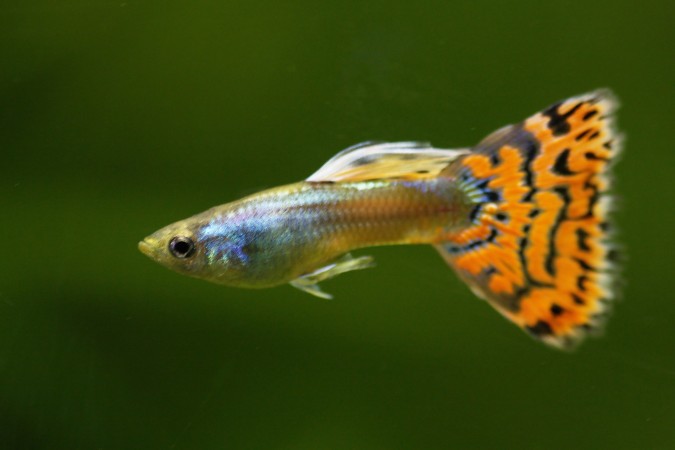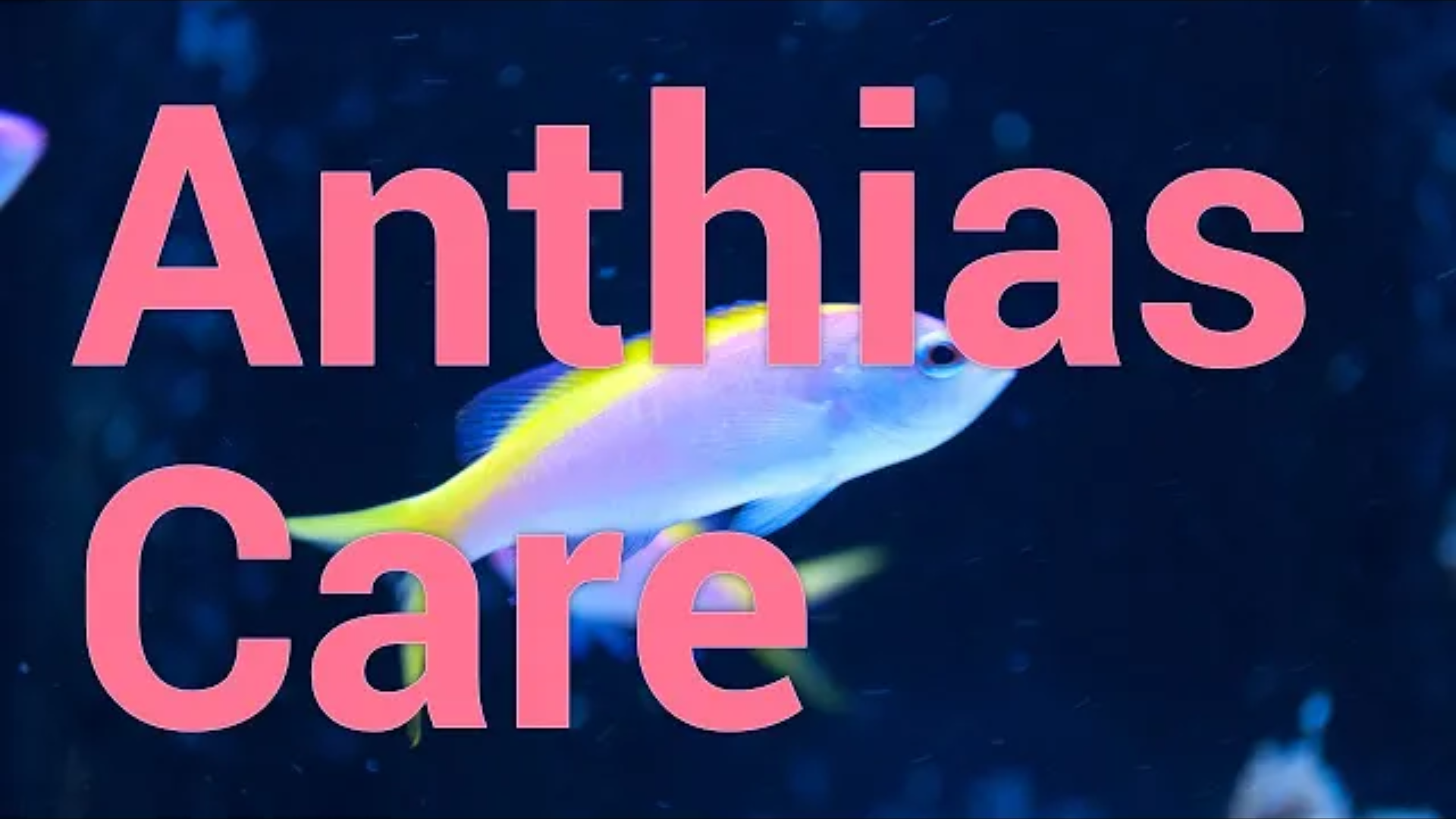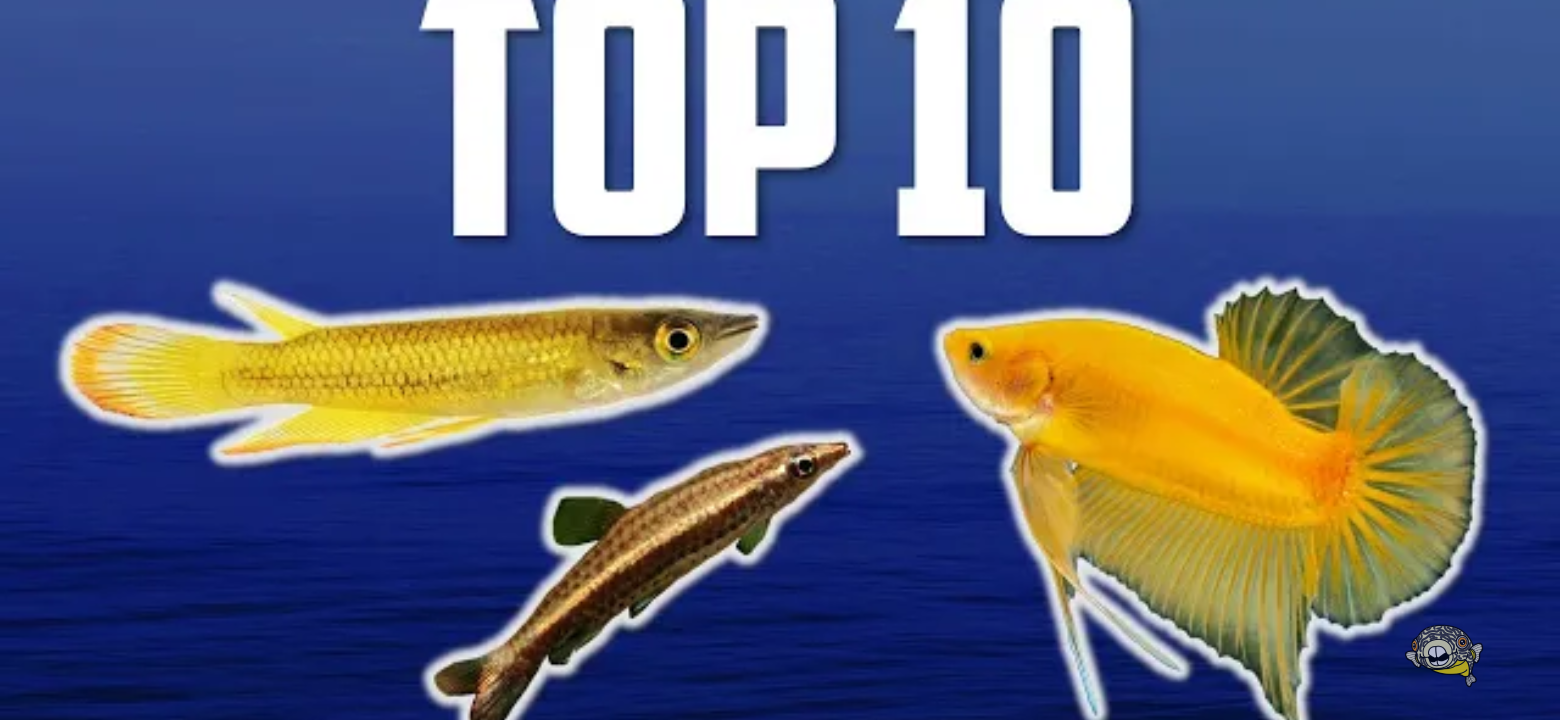What is the Most Hardy Saltwater Fish?
- Jun 06, 2022
- Anshika Mishra
- 269 0 0

What is the hardiest saltwater fish? Most of the hobbyists and pet-shop owners will direct you towards Clownfish. And, yes, they are pretty sturdy, brightly colored, and they're a lot of fun to watch.
They tend to be bold, hang out in the open, and are easy to feed since they will eagerly accept various prepared food like pellets and flakes. But, there are quite a few different marine species considered hardy, and that list is growing.
So, let's see what makes a hardy fish hardy. And then some other options just in case Clownfish aren't on your wishlist.
What is a Hardy Fish?
A hardy fish should be able to handle some swings in water chemistry. It means that fish should easily tolerate changes in water chemistry like high nutrients, higher or lower than optimal salinity, or swings of up to a few degrees in temperature without becoming physically stressed and getting sick or worse.
A hardy fish should also be easy to feed. Being easy to provide means that they should readily accept prepared foods like frozen food, dried seaweed, flakes, or pellets. They should not require any specialized feeding strategies or tools and should not rely on copepods, amphipods, or other live food sources that are only provided by the reef itself.
It would be best if you didn't have to work hard or use anything, in particular, to entice them into eating or make sure they are eating enough times a day.
If it takes you more than you dropping an appropriate amount of food into the tank once or twice a day, chances are it isn't relatively easy to feed.
A hardy fish should also be bold and unafraid of people. Getting a fish that is bold and doesn't dart and hide as soon as it sees a human being is important because it makes it much easier to interact with them, see how they are doing, make sure they are eating enough, and ultimately means that they are stressed with people walking by the tank.
A fearful fish in skittish is more challenging to keep tabs on and monitor. It is harder to get them to eat regularly, and they also may be afraid of other fish in the aquarium and life when you feed the tank, rather than coming out and eagerly competing for food.
A skittish and stressed-out fish is also weaker and more susceptible to common parasites and pathogens.
Now, it's pretty standard for a brand new fish that was just added to a tank to be a little bit way and cautious for the first few days. But on the other hand, some species are known to be flighty and hard to fish once they go into a tank, regardless of how long they've been there.
A hardy fish should also be able to resistant or not readily susceptible to common parasites and pathogens. Unfortunately, quite a few fish come to mind as being a magnet for a particular pathogen or parasite.
A pretty well-known example is Tangs, and Copperband Butterflies, often called ich magnets.
A hardy fish shouldn't be a fish known to catch or hard quickly or common parasites or pathogens that we find in our saltwater tanks.
In a perfect world, we will also be doing perfectly practiced quarantines for every fish that we want to put in our tanks, and the stores we buy from would have already done that for us as well. But, for a lot of people, it just isn't practical.
So, sticking with hardy, disease-resistant species is the best bet, which also means avoiding the wild-caught fish.
Captive-Bred Fish
More captive-bred marine fish are available now than ever before, from a massive Clownfish variety and morphs to Damsels, Dottybags, Blennies, and more.
These captive-bred fish were raised in the aquarium environment and tend to be used to seeing humans and tend to be aggressive easter that prepared foods. However, they are well taken care of, healthy and resilient, and tend not to get sick quickly, making them a far better choice than their wild-caught counterpart.
Most Hardy Saltwater Fish
So, here is the short list of species to go for when setting up a new saltwater tank
- Clownfish
- Chalk Basslets
- Orchid
- Neon Dottybacks
- Banggai
- Pajama Cardinals
- Yellow Watchman Gobbies
- Yellowtail Damselfish
Just because a fish is hardy doesn't necessarily make it a good fish for beginners, especially if you want a reef tank with corals and other inverts. You also want to make sure that it is a good community fish and reef safe.






About author